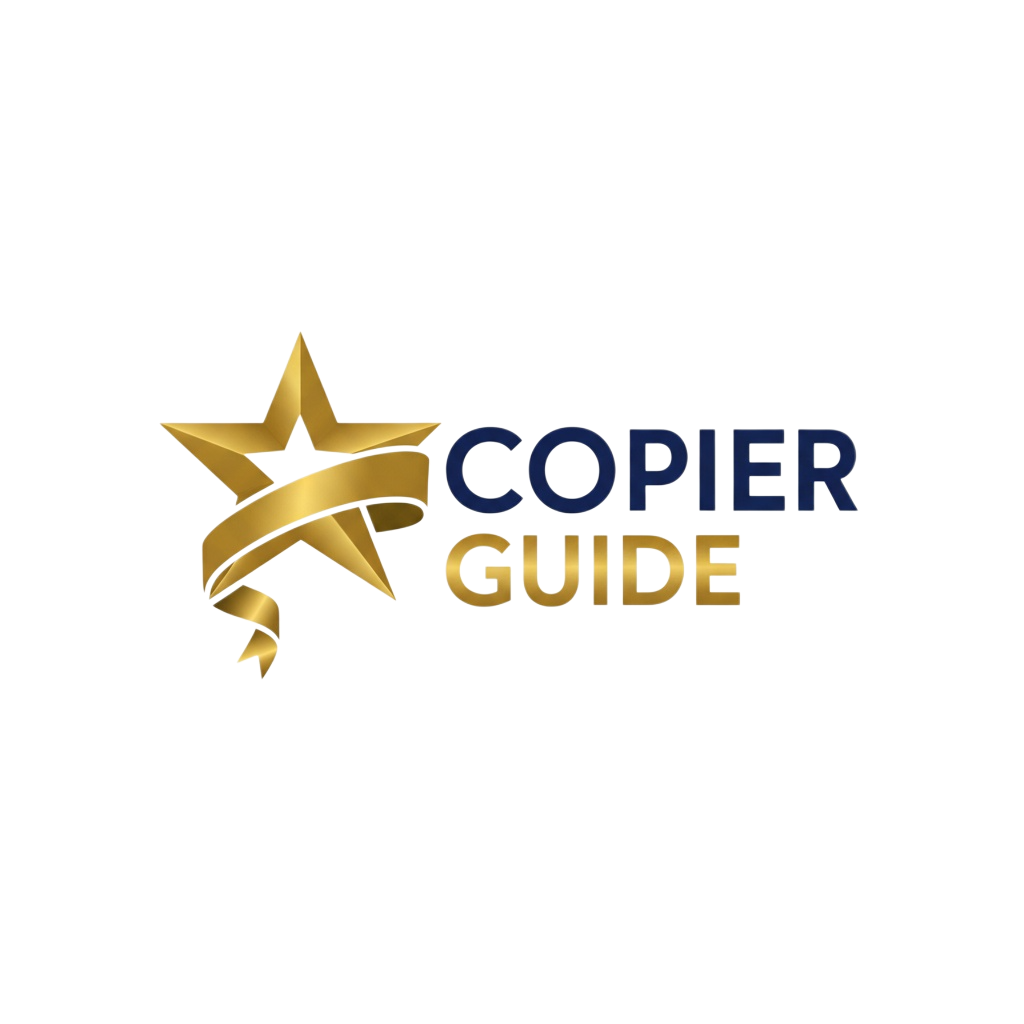Leasing & FinanceOctober 8, 202512 min read
Leasing vs. Buying: Complete Financial Analysis for Business Copiers
R
Robert Chen
Content Specialist
11,892421
A comprehensive breakdown of copier leasing versus purchasing, including tax implications, cash flow analysis, and TCO calculations.
# Leasing vs. Buying: Complete Financial Analysis for Business Copiers
One of the most important decisions when acquiring a copier is whether to lease or purchase. This comprehensive analysis breaks down the financial implications.
## Leasing: The Case For
Leasing offers several advantages, particularly for growing businesses and those wanting to avoid large capital expenditures.
### Financial Benefits:
- **Lower upfront costs**: $0 to minimal down payment
- **Predictable monthly expenses**: Fixed payments for budgeting
- **Tax advantages**: Lease payments often fully deductible
- **Preserved capital**: Cash available for other investments
- **Easier upgrades**: Switch to newer technology at lease end
### Typical Lease Terms:
- Duration: 36-60 months
- Payment structure: FMV, $1 buyout, or 10% buyout
- Includes: Maintenance, supplies (sometimes), support
## Purchasing: The Case For
Buying outright provides long-term cost savings and complete ownership.
### Financial Benefits:
- **Lower total cost**: No interest or lease fees
- **Ownership**: Asset on balance sheet
- **No restrictions**: Unlimited usage, modification
- **Tax benefits**: Section 179 deduction available
- **Long-term savings**: Lower cost over 7+ year lifespan
### Purchase Considerations:
- Upfront cost: $5,000 - $50,000+
- Maintenance: Separate service contract needed
- Technology risk: Device may become outdated
- Repair responsibility: Owner bears all costs
## Financial Comparison Example
### Scenario: Mid-range color MFP ($15,000)
**Leasing (48-month FMV lease at 8% rate):**
- Monthly payment: $366
- Total paid: $17,568
- End of lease: Return or buy at FMV (~$3,000)
- Total cost to own: $20,568
**Purchasing:**
- Upfront: $15,000
- Service contract: $150/month × 48 = $7,200
- Total cost: $22,200
- After 48 months: Still own valuable equipment
## Break-Even Analysis
The break-even point varies based on several factors:
- **Short-term (1-3 years)**: Leasing typically cheaper
- **Mid-term (3-5 years)**: Costs roughly equivalent
- **Long-term (5+ years)**: Purchasing significantly cheaper
## Tax Implications
### Leasing Tax Benefits:
- Immediate expense deduction
- Off-balance-sheet financing
- No depreciation tracking needed
- Preserves other tax benefits
### Purchasing Tax Benefits:
- Section 179 deduction (up to $1,160,000 in 2025)
- Bonus depreciation (60% in 2025)
- Lower taxable income year one
- Asset for collateral if needed
## Cash Flow Impact
### Leasing Cash Flow:
- Month 1: $366
- Months 2-48: $366 each
- Total cash out: $17,568 over 4 years
### Purchase Cash Flow:
- Month 1: $15,000 + $150
- Months 2-48: $150 each
- Total cash out: $22,200 over 4 years
## Decision Matrix
**Choose Leasing If:**
- Cash preservation is critical
- You want latest technology always
- Your business is growing rapidly
- You prefer predictable monthly costs
- Tax deductions are valuable now
**Choose Purchasing If:**
- You have available capital
- You plan to use equipment 5+ years
- You want lowest total cost
- You prefer ownership
- Your needs are stable long-term
## Hybrid Option: Lease-to-Own
Some dealers offer lease-to-own arrangements combining benefits of both:
- Lower initial payment like leasing
- Payments apply toward ownership
- Option to return if needs change
- Own equipment at end of term
## Financing Alternatives
### 1. Equipment Financing Loan
- Bank or vendor financing
- Interest rates: 5-12%
- Immediate ownership
- Lower total cost than leasing
### 2. Line of Credit
- Use business LOC for purchase
- Flexible repayment
- Potentially lower interest
- Requires established credit
### 3. Manufacturer Financing
- Special promotional rates
- 0% financing sometimes available
- May include service bundling
- Competitive with leasing
## Making Your Decision
Consider these questions:
1. What's your available capital?
2. How long will you use the copier?
3. How important are tax benefits?
4. Do you want predictable costs?
5. How fast does your technology need to evolve?
## Conclusion
Neither option is universally better – the right choice depends on your specific financial situation, business goals, and operational needs. Consult with your accountant and consider multiple scenarios before deciding.
Most businesses benefit from leasing in the short term but purchasing for long-term installations. A mixed approach (lease for dynamic departments, purchase for stable ones) often provides the best overall value.
Share this article
Previous Article
Breaking: Major Copier Brands Announce AI-Powered Features for 2025
Next Article
Copier Security Threats: How to Protect Your Business Data
Need Help Choosing a Copier?
Get personalized recommendations based on your business needs
